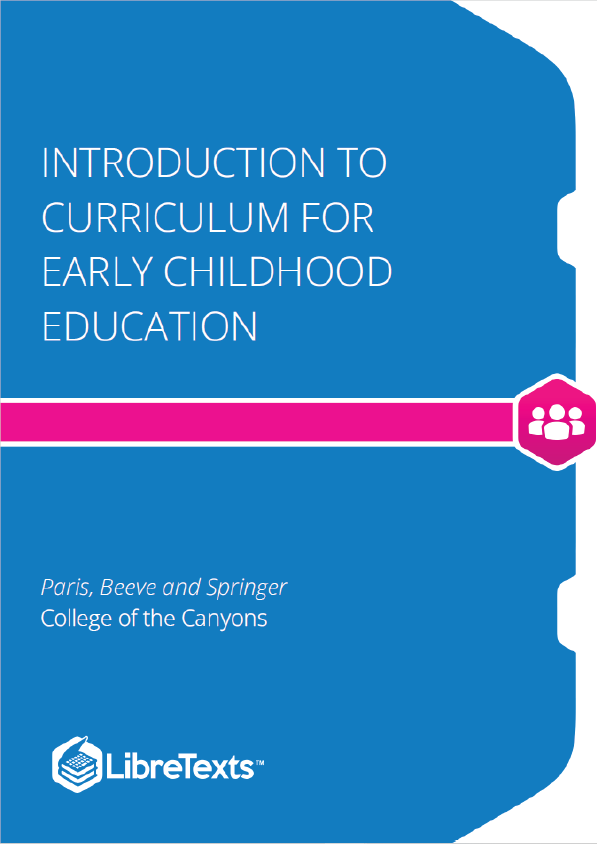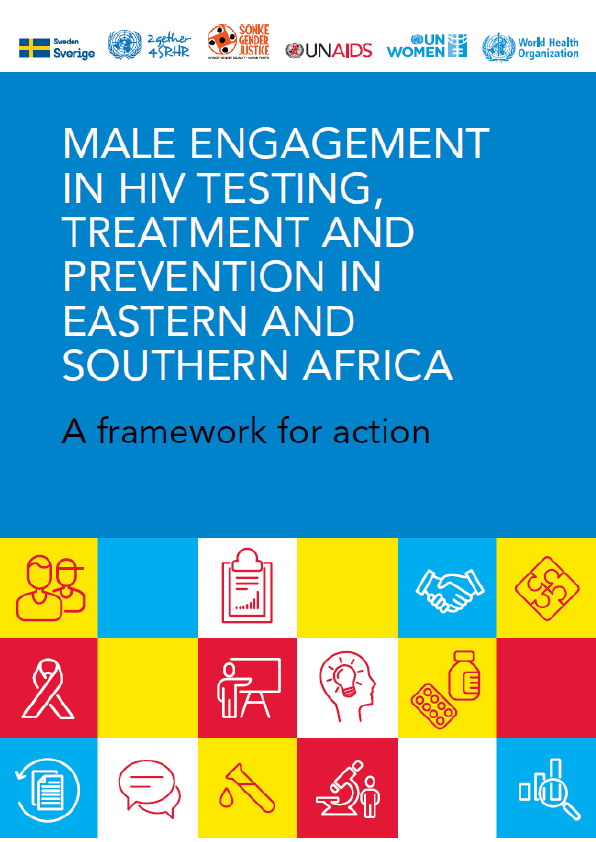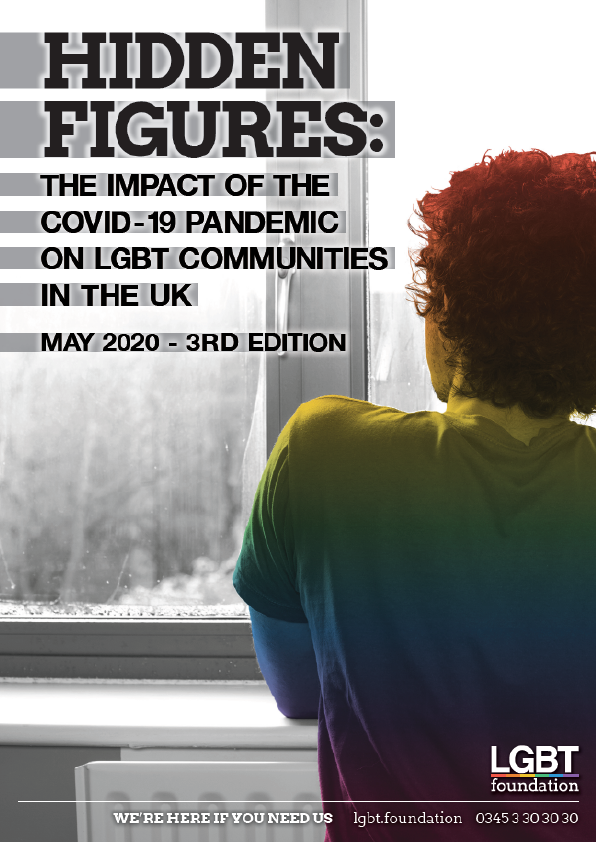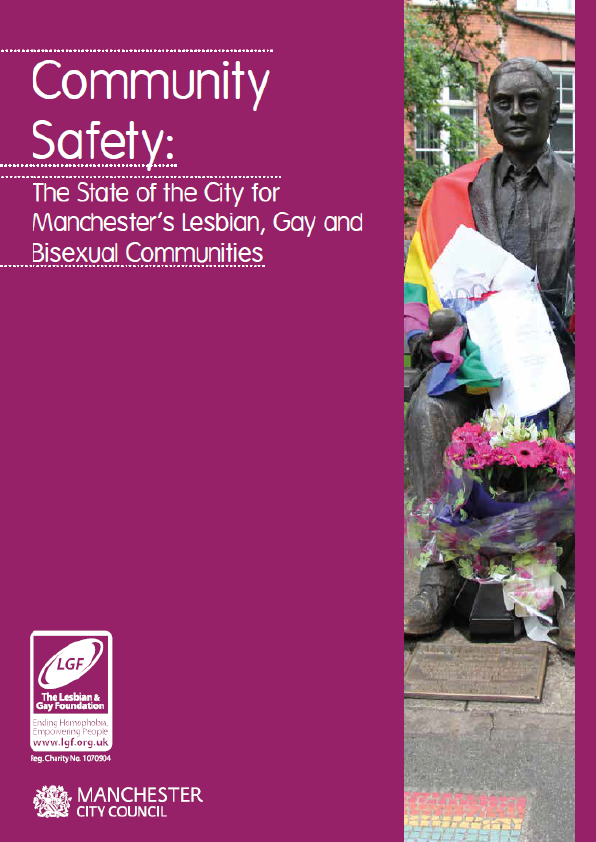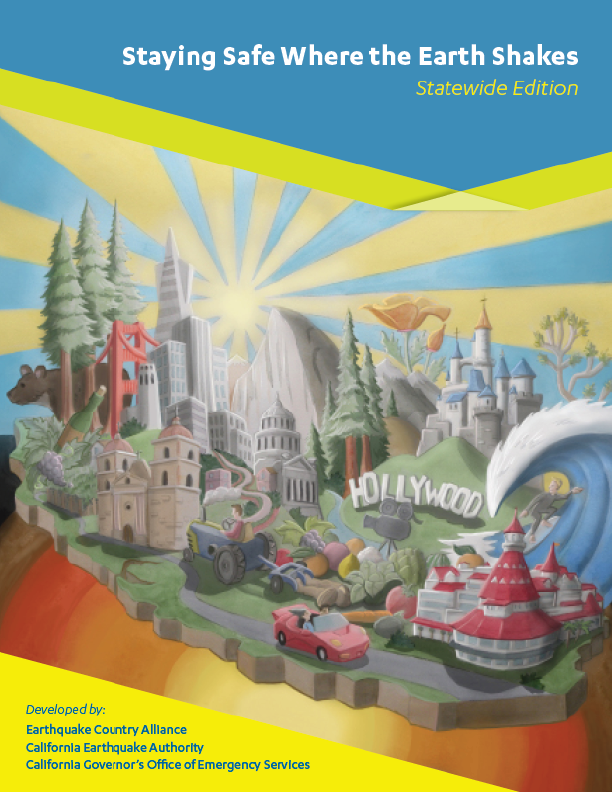Children play in order to figure things out, much like scientists who experiment and investigate in order to figure things out. Scientists who study how infants and young children think and feel describe them as small scientists (Gopnik, Meltzoff, and Kuhl 2000) who spend their days actively gathering and organizing information about what objects and people are like. As they play, children investigate how one object relates to another or how people relate to each other. According to Gopnik, Meltzoff, and Kuhl (2000), children actively build knowledge as they interact with the world around them.
In the early twentieth century, scientists and theorists—such as Jean Piaget and Lev Vygotsky—developed widely studied theories to explain how young children acquire knowledge. Scientists have continued to study children’s ways of knowing by care- fully observing and listening as children pursue new skills, explore materials, solve problems, work together with others, and encounter experiences that prompt them to think and reason (Shonkoff and Phillips 2000.) Young children’s actions and their explanations provide clues about how they develop ideas, master skills, and build knowledge. This research illuminates a key finding—infants and young children actively construct concepts and build skills by interacting with objects and with people, much of it occurring in the context of play. By nature, children are active participants in making meaning and constructing knowledge.
The body of research on the developing mind of the young child also adds to our understanding of what it means to teach and to plan curriculum for infants and young children. The long-standing image from K–12 education of an active, talking teacher who imparts information to passive, quiet children does not fit with what is known from the science of early learning and development. Young children seated at desks and quietly listening, not interjecting their ideas, represent an image that diverges from the image generated by developmental science: that of young children who seek to participate actively in an experience to build concepts, ideas, and skills. Studies show that infants and young children are highly motivated to explore new materials and to take on new challenges (Bowman, Donovan, and Burns 2000.)
Robust scientific evidence provides a starting point for guidance on planning and implementing early childhood curriculum. Reviews of research point clearly to three principles with respect to how young children learn (Bowman, Donovan, and Burns 2000; Hirsh-Pasek et al. 2009; Schonkoff and Phillips 2000):
- Children actively construct concepts like numbers, spatial relations, causality, and story.
- Children actively build skills like drawing, moving with ease, negotiating conflicts, and confidently and respectfully communicating ideas and feelings.
- Children actively develop dispositions such as thoughtfulness, empathy, and responsibility.
